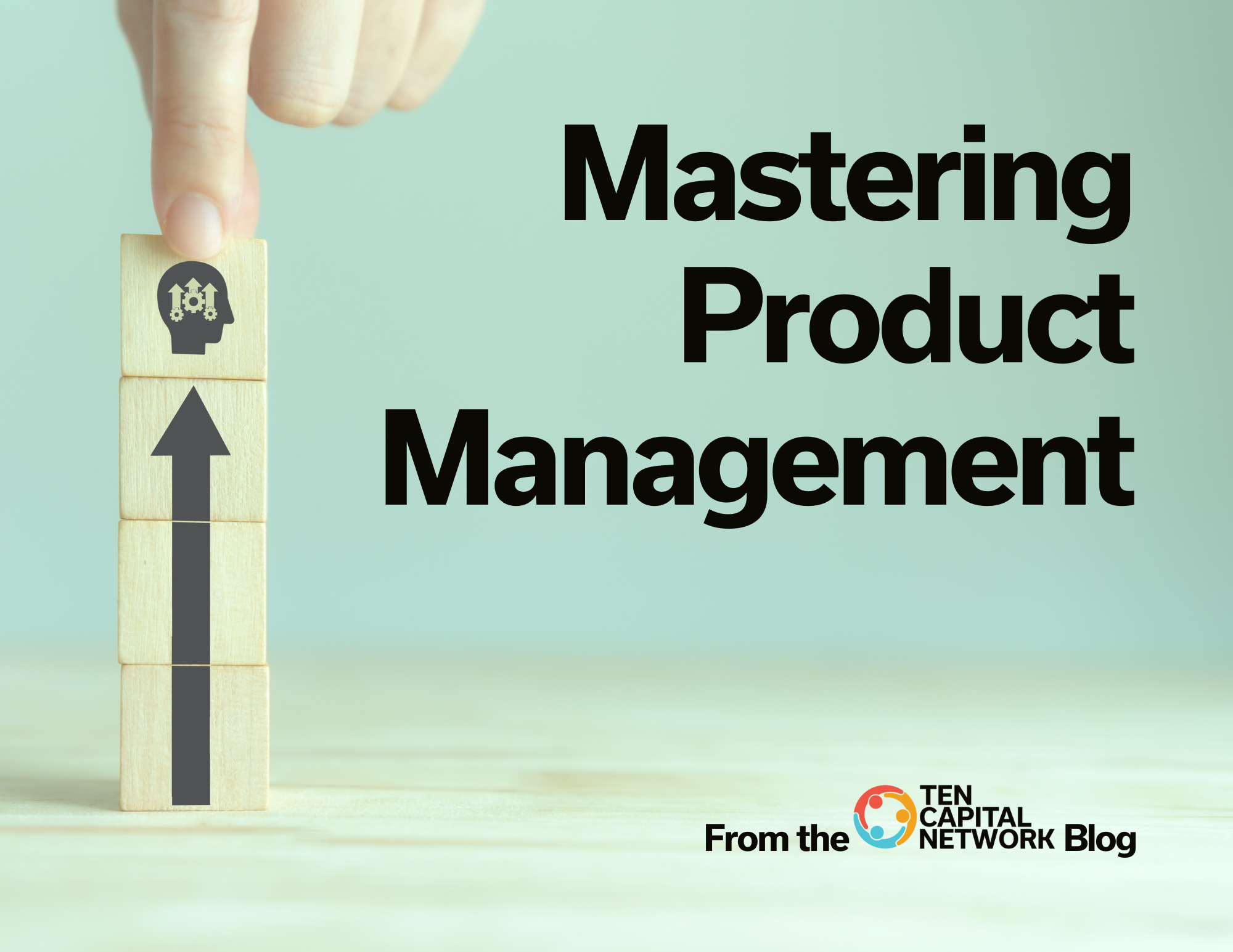2min read Everything You Need to Know about Deal-Flow
Deal flow is critical to successful startup investing as it gives you experience with founders, valuations, exits, and many other aspects of the startup process. It teaches you a great deal about the market, current technology, and the startup ecosystem.
So, how do you know which startup investment offers the best deal flow? Read on below to find out.
Best Practices
When it comes to deal flow, quality over quantity is key. The better the deal flow, the better your investment outcome. Here are some practices you can consider to help ensure better deal flow, and therefore better investment:
- Automate your deal flow process as much as possible by capturing consistent information into one application.
- Track deal flow sources and analyze them on a regular basis. This shows where the best deals are coming from and where to spend time.
- Use online data sources to augment your deal flow information. This step helps make follow-up decisions easier to figure out.
- Monitor your deal flow activity for changes. This shows the impact of the market and conditions and signals for a change in follow-up.
- Set up workflow processes so the deal goes to the right people in the proper sequence.
- Flag your most important deals to make sure they don’t fall through the cracks.
- Optimize your system for your deal flow by gathering only the relevant information.
- Connect your deal flow system to your email and other systems to integrate into the overall workflow
Remember that deal flow can be expensive in time and money, so it’s important to apply these steps to reduce the end cost.
Finding Deal Flow
It’s important to set up sources to provide quality deal flow consistently. Here are the steps to set up your deal flow sources:
- Map out the entrepreneurship and funding groups in your geographic area or sector.
- Use the web and social media searches for an initial pass.
- Check out universities for their entrepreneurship programs, including business plan competitions and accelerators.
- Review the Chamber of Commerce for the trade associations for your area or sector to find programs related to startups.
- Meet with venture capitalists, angel groups, and other investors in your sector or area.
- Map out the accelerators, incubators, makers markets, and other groups that support aspiring startups.
- Identify lenders such as banks, factoring companies, and equipment leasing companies, and more who may have deal flow.
- Create and maintain a calendar of events to track their activities.
- Reach out to those groups regularly to offer support such as education, mentorship, and coaching.
- Consider creating a newsletter to share with those in your sector or community to foster the relationship.
- Start with those in your network to gain access to their deals and offer to return the favor.
- Seek out quality accelerator programs to find more resources.
- Consider joining an angel network for deal flow, as you can share the feedback with others.
- Join online portals with the deal flow so you can learn the current state of valuations, technologies, and sectors.
- Reach out to venture capital, family offices, and other investors to join as a syndicate partner in their deals.
After following these steps, follow up to support the best sources of deal flow and increase your engagement with those groups.
Never fall into the trap of thinking that you have enough deals under your belt- the more significant number of deals you review the more choices you have, and the more you know about the market.
Read More TEN Capital Education Here

Hall T. Martin is the founder and CEO of the TEN Capital Network. TEN Capital has been connecting startups with investors for over ten years. You can connect with Hall about fundraising, business growth, and emerging technologies via LinkedIn or email: hallmartin@tencapital.group





